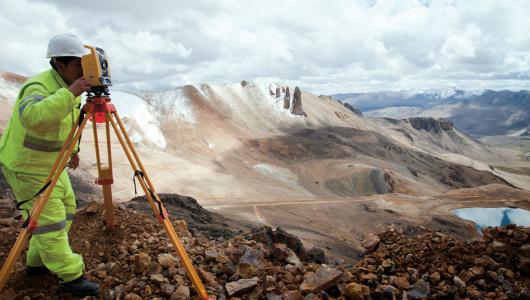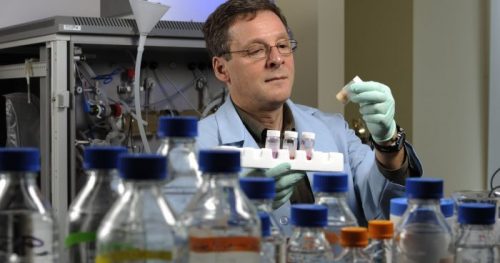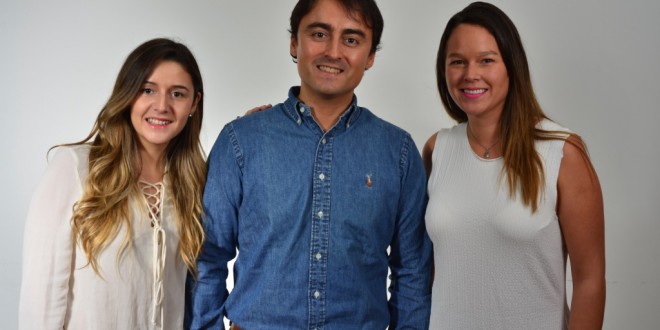SHARE
Bioexplora Innovates on Mining Exploration
The kind of mining exploration that exists nowadays is a complex process that requires a lot of time and money and that in occasions uses invasive and unfriendly methods with the environment. But this won't last much more time, because of the biotechnology engineers Francisca Contreras and Consuelo Marquardt, with the geologist Patricio Pastorelli, are on their way to revert this situation with their Start Up, Bioexplora.


The proposal of Bioexplora
The team managed to prove that since the analysis of the plants that are located on the surface, it is possible to determine the presence of different chemical materials in the subsoil. "The bio-exploration is a tool for the early stages of the mining exploration that can be complemented with other techniques. It's a methodology that analyzes the plants' tissues, as their leaves or limbs, to detect if there is any mining anomaly that indicates, for example, if there is gold, copper, unusual soils or other minerals", explains Consuelo Marquardt to DW.
The Bussiness
Bioexplora is a Start-Up born in 2014 and their objective is to provide the mining companies of key information about the conditions of the explored territory, so they can conclude the mining potential of those lands. Thanks to the support of Start-Up Chile, Bioexplora could do the relevant scientific research and later they did their business model thanks to the Standford Ignite program.The Process
Examine the field is the first step to accomplish the bio-exploration, this way, they select the most important points to carry out the sampling. The following step is the compilation of the vegetable tissue samples, which are taken to a laboratory to be analyzed by the Bioexplora technology. "Finally, they do the statical and geochemical analysis that works to deliver a final report that includes a georeferenced database of the analysis and the mining potential of the lands," tells Francisca Contreras.
